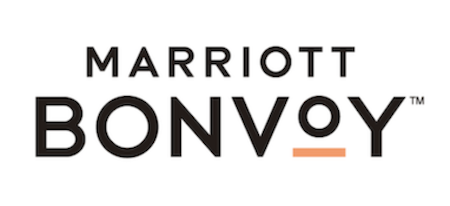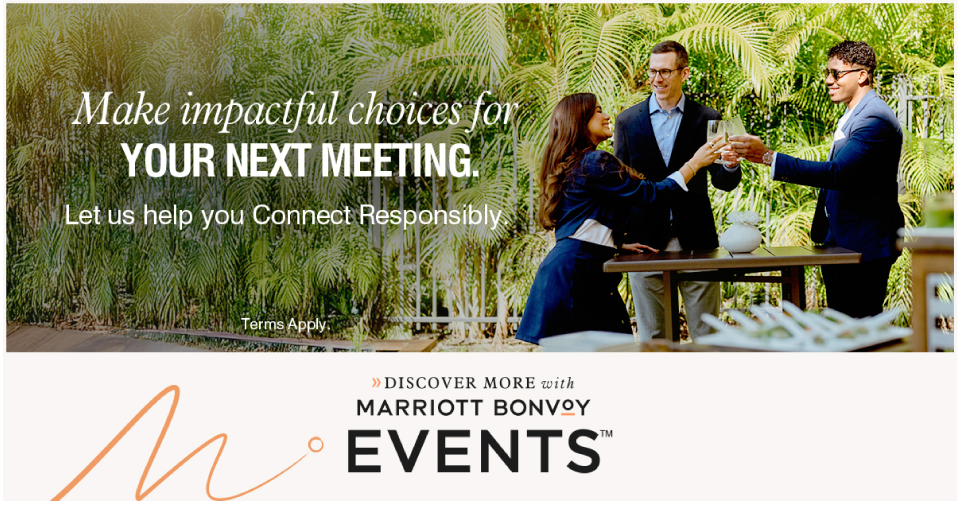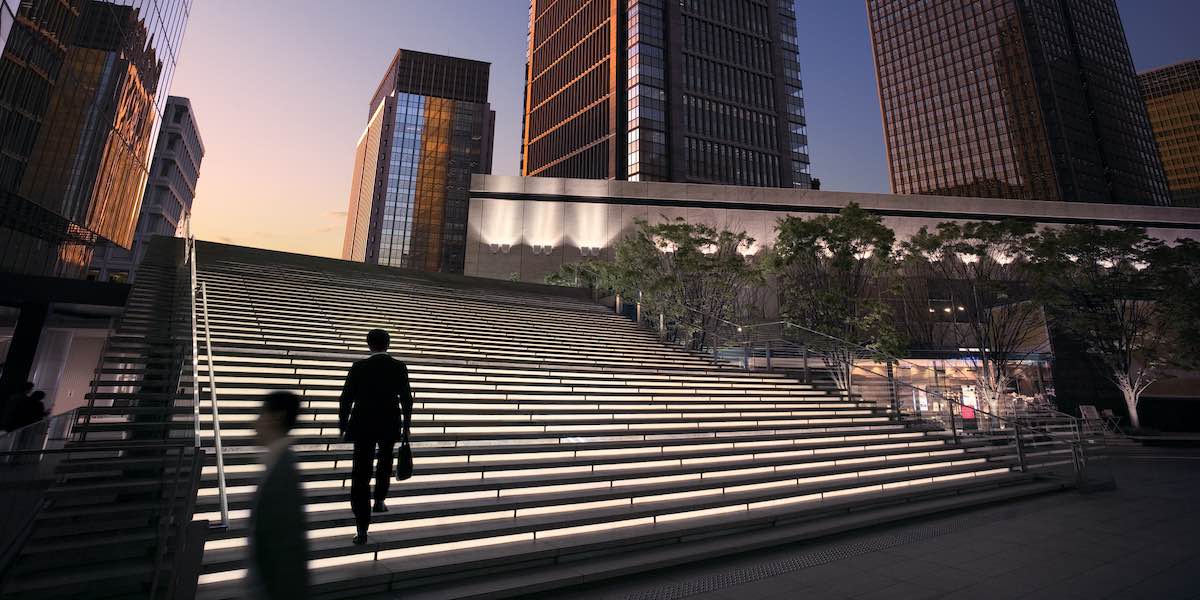How can we better educate our fellow meeting professionals or our attendees about sustainability efforts and encourage buy-in/acceptance?
MPI's sustainability spotlight brought to you by

I would recommend that companies promote sustainability on their website and find ways as to how to make their upcoming meetings and special events as sustainable as possible. This should also be promoted on all marketing materials and throughout each meeting.

Elizabeth A. Kretchmer, CMP Fellow, CMM, HMCC, DES
Strategic Meeting Manager
MPI Sustainability Advisory Council
_________________________________
Education works best when it’s practical and accessible. MPI supports this through the dedicated sustainability webpage, where members can find articles, standards and best practices. The MPI Sustainability Advisory Council focuses on developing and sharing knowledge, helping both planners and suppliers to integrate sustainability in real, actionable ways. The idea of linking sustainability to business value, attendee experience and operational efficiency increases buy-in and moves the conversation from “why” to “how.”

Robbert Weddepohl
Group Director Venues, Stage Entertainment B.V.
MPI Sustainability Advisory Council
__________________________________
The clock is ticking. The world stands at a crossroads, facing the escalating urgency of climate change. The mission is clear: limit global warming to 1.5°C, cut emissions by 45% by 2030 and reach net zero by 2050. While the world progresses, behavioral change and proactive action in dealing with this climate change challenge are lagging. The business events industry, built on a vast, intricate supply chain, is struggling to keep pace. Relying on policy shifts and top-down mandates has failed to spark the transformation we need. Transformation is not only too slow, it’s dangerously slow.
To accelerate the change and proactiveness, the industry must evolve not just in its actions, but in its behaviors. The supply chain must be reimagined not as a passive executor, but as a proactive changemaker for event sustainability. This requires embedding a new approach to learning and capability-building across every level of the events ecosystem.
The turnkey solution lies in applying Experiential Learning Theory (ELT), a methodology where individuals learn through a continuous four-stage cycle: engaging in real-world experiences, reflecting on them, extracting insights and applying those lessons in new contexts. Through ELT:
- Behavioral change is encouraged by enabling event stakeholders to trial sustainable practices in real-world settings, reflect on outcomes and refine their approach. Examples include venues utilizing smart technologies to cut energy use or caterers implementing zero-waste menus.
- A proactive culture emerges as event stakeholders shift from mere compliance to initiative-taking, identifying sustainability opportunities through hands-on learning.
- A tiered learning journey ensures inclusivity and progression: 1) beginner - frontline teams participate in workshops to adopt core sustainable practices, 2) intermediate - management teams implement and evaluate sustainability strategies during live events and 3) advanced - thought leaders tackle complex challenges such as sustainable procurement and emissions reporting.
This model transforms events into real-time learning environments, making every role, from event staff to senior executives, a proactive collaborator in the sustainability mission.
A fundamental cultural shift begins: the supply chain evolves from passive delivery to purposeful impact. Experiential learning builds practical capabilities, deepens engagement and empowers the entire value chain to lead sustainability efforts from the ground up.
This approach lays the foundation for: embedded sustainability across the lifecycle of events; empowered teams who innovate and adapt through lived experience; and a more resilient, proactive and aligned business events ecosystem.
Future business events can transform into powerful learning ecosystems where experimentation, adaptation and thought leadership come to life in real time. By embracing experiential learning, the business events industry can move beyond checklists and towards genuine, embedded sustainability driven not by obligation, but by capability, courage and shared responsibility.
Your move. The clock is still ticking.

Troy Reynolds, CMP, EMD, SEPC, AISEP
Founder & Chief Experience Officer, Imaginneurs
Chair, MPI Sustainability Advisory Council







